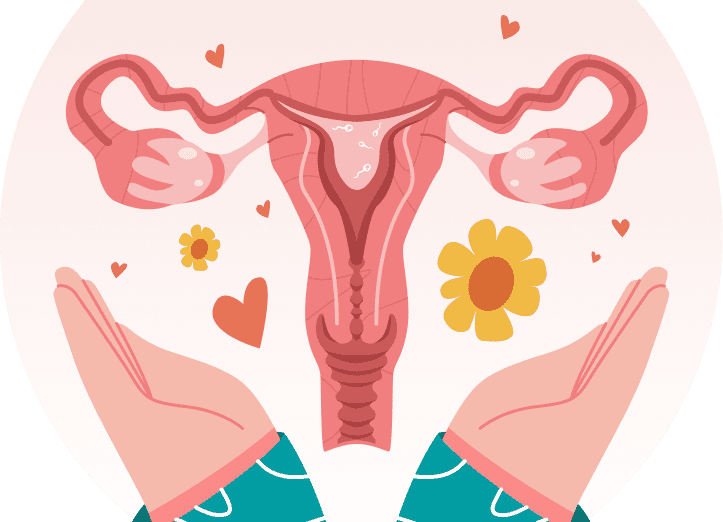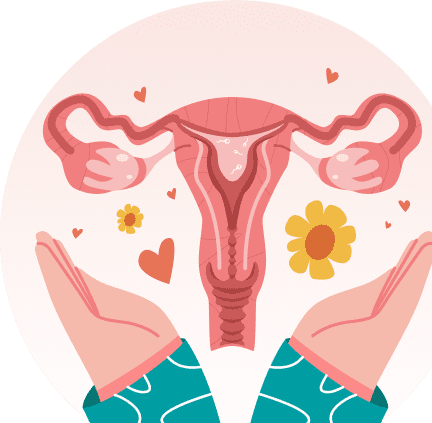Ah, coffee – the elixir of life for many of us. Whether it’s the first thing we reach for in the morning or a mid-day pick-me-up, there’s no denying that coffee is a staple in our daily routine. But what about those of us with PCOS? Can our love for coffee exacerbate our symptoms? This article will explore the relationship between coffee and PCOS and whether you should reduce your caffeine intake.
The Benefits of Coffee for PCOS
Contrary to popular belief, coffee may benefit women with PCOS. Studies have shown that caffeine can stimulate the release of sex hormone-binding globulin (SHBG), a protein that helps regulate hormones like testosterone and estrogen. This is especially important for women with PCOS, as they often have elevated testosterone levels, leading to acne, hair loss, and other symptoms. Additionally, coffee has been linked to improved insulin sensitivity, a critical factor in managing PCOS.
In a study published in the International Journal of Endocrinology and Metabolism, researchers found that women with PCOS who drank coffee had lower insulin resistance and higher levels of SHBG than those who didn’t. Another study published in the Journal of Nutrition found that consuming caffeine before exercise improved insulin sensitivity in women with PCOS.

When Coffee Might Be Harmful
While coffee may have some benefits for women with PCOS, there are also some situations where it may be harmful, like –
Disrupted sleep patterns:
Coffee can affect your sleeping patterns, increasing stress levels and exacerbating PCOS symptoms.
Weight Gain and Insulin Resistance:
Additionally, coffee can be a source of added sugar and calories if you’re drinking it with sweeteners or creamers, contributing to weight gain and insulin resistance – two common issues for women with PCOS.
It’s also worth noting that some women with PCOS may be more sensitive to caffeine than others. If coffee makes you jittery or anxious, cutting back or switching to decaf may be a good idea.
Conclusion
While coffee may benefit PCOS, it’s essential to be mindful of how much you’re consuming and how it affects your symptoms. If coffee worsens your symptoms, consider cutting back or switching to decaf. As with any health issue, it’s always best to speak with your doctor to determine what’s best for your individual needs.
Ultimately, coffee can be a part of a healthy diet for women with PCOS, but it’s essential to consume it in moderation and be aware of how it affects your body. As with any dietary decision, it’s about finding the right balance for you and your needs.

















Share this article